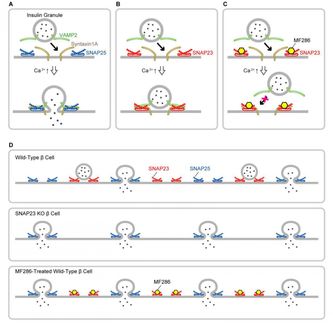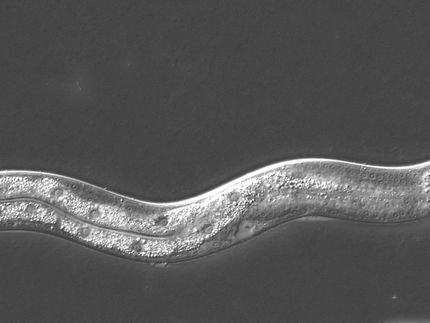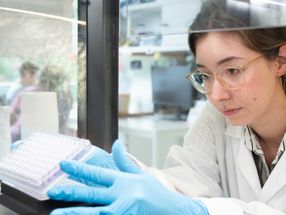The Need for Safe and Affordable Biopharmaceuticals Drives the Development of the European Biosimilars Market
Advertisement
Despite the initial regulatory hiccups, the number of biosimilars in the European market is set to increase gradually. The patent expiry of key biopharmaceuticals has opened up numerous lucrative market opportunities, while driving the development of biosimilars. In addition, payers’ perception of biosimilars, as viable alternatives to originator drugs due to their safety, efficacy and affordability, will further bolster market prospects.
“Patent expiries of some top selling biopharmaceuticals have resulted in a massive market opportunity for biosimilar manufacturers,” notes Frost & Sullivan Senior Research Analyst Sumanth Kambhammettu. “Product classes such as erythropoietins, insulin and analogs, granulocyte colony-stimulating factors, human growth hormones and interferons, which have all lost patent protection, had a collective market size of approximately $34.04 billion in 2007.”
Expensive biopharmaceuticals are used primarily for critical diseases like cancer and diabetes, whose incidence is increasing due to Europe’s ageing population. Subsequently, the patent expiries of key product classes and an increasing emphasis on cost containment are motivating governments to switch to affordable alternatives. Thus, there exists tremendous growth opportunity for biosimilar manufacturers.
However, the development of biosimilars is riddled with complexities, ranging from R&D and manufacturing to marketing. Their development remains one of the most expensive propositions in the pharmaceutical industry. In addition, meeting the stringent regulatory norms set by the European Medicines Agency (EMEA) will be an arduous exercise.
The current average cost of bringing a biosimilar to market is around $100-$200 million, in addition to a development period ranging from eight to ten years. This is approximately equivalent to the same for a biopharmaceutical product. Marketing presents another key challenge as, typically, there is initial resistance from the physician community.
“The most significant challenge, however, will be in proving similarity with the reference product as per the EMEA standards,” adds Kambhammettu. “This is because the entire process involves large-scale clinical trials as well as the documentation and submission of immense volumes of data.”
Pricing will be a key factor to recover the high level of investment that is required to develop and manufacture biosimilars. In addition, marketing strategies will have to be very different from generic drugs.
“While pricing a biosimilar, manufacturers must assess various factors such as the nature of the market, product class, level of competition and reimbursement structure,” advises Kambhammettu. “As current biosimilars are marketed in the hospital sector, manufacturers must focus their marketing efforts on specialists to increase the probability of success. Moreover, they must make efforts towards advancing physician awareness by disseminating data pertaining to long-term safety and efficacy of biosimilars.”
If you are interested in a virtual brochure for the latest analysis from Frost & Sullivan titled, European Biosimilars Market Outlook, send an e-mail to Katja Feick, using the 'Contact' button below.



























































